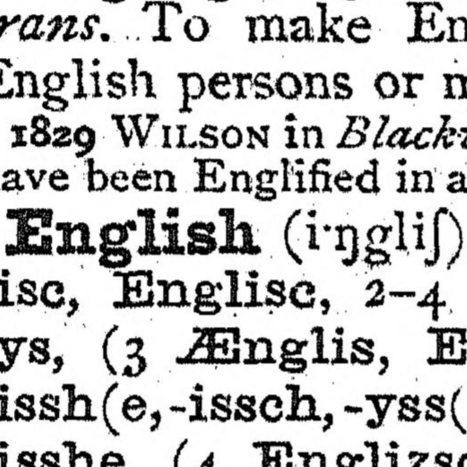You know when something can be either “or” or “and?” You may also say it is “and” and or “or”; “or” and/or “and,” if you will. That’s the inclusive or!
The Latin “vel” is a word for the inclusive or. I also just learned that the logic symbol, ∨, is called “vel” and is used for something called “disjunction” as opposed to “exclusive disjunction (⊻),” which is simply the exclusive or, which is the regular or in English.
Apparently the legal term “vel non” uses this word to mean “or not,” which means there’s at least a chance of it making it out of the courtroom and into the common lingo like quid pro quo, de jure, and de facto, did.
Would you like pie, vel ice cream?
Infantry must be equipped with anti-tank guided missiles vel suicide drones if they are to stand a chance against enemy armoured vehicles.
To take Introduction to Set Theory, you must have taken Calculus 1 vel Linear Algebra 1.
That car has seen better days. Based on the sounds it’s making, the entire engine needs cleaning – vel maybe the carburettor is shot.
I like it! We could use it vel “xor” to specify exclusive or (although I’m not sure if “xor” should be pronounced zor, cksor, or ex-or).
Reginald And/Or Johnson
Or, xor
“Xor” is exclusive, which means it is one, the other, but not both. In logic, an inclusive disjunction would be “or.” The problem is people don’t use xor and or; the use of just “or” makes things difficult to understand sometimes.
it is one, the other, but not both
And not neither. False xor false == false


